General Robert Wood Johnson #9 on New Jersey’s All Time Top Innovators List!
The year 2014 is a big year in New Jersey, the state in which Johnson & Johnson was founded in 1886. This year is New Jersey’s 350th anniversary and, as part of the celebrations, the New Jersey Chamber of Commerce is counting down the Top 25 innovators in New Jersey history. Number nine on that list – which so far also includes inventors, scientists, astronauts, entrepreneurs and activists – is General Robert Wood Johnson.
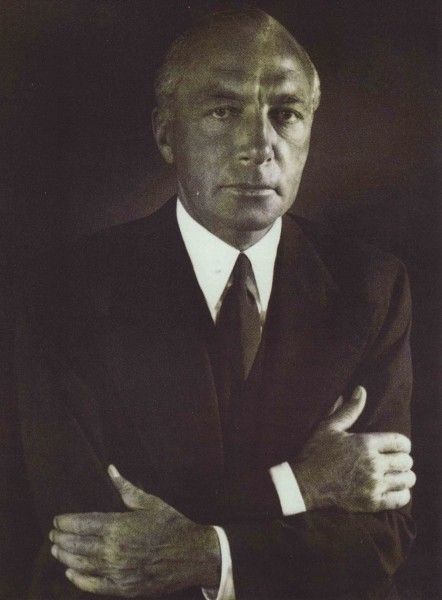
The New Jersey Chamber of Commerce is revealing the name of one New Jersey innovator each week, counting down to the organization’s October 27th Gala, at which they will release the names of the Top 5 greatest New Jersey innovators. On its website, the Chamber of Commerce recognizes Robert Wood Johnson as being one of the Top Ten for transforming Johnson & Johnson into a global, decentralized and broadly-diversified health care company, for his work heading the Smaller War Plants Corporation in Washington, D.C. during World War II, for his pioneering insights into hospital management and the founding of a school for hospital management at Northwestern University, for pioneering innovations from Johnson & Johnson during his tenure, and for the creation of the Robert Wood Johnson Foundation.
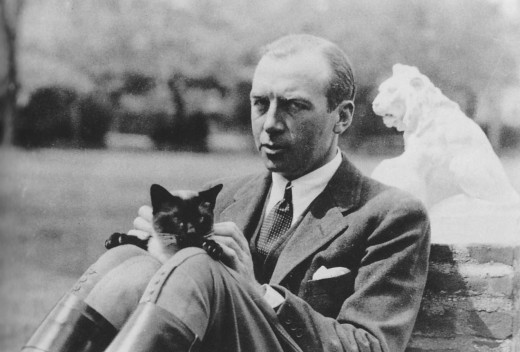
Most people are familiar with General Robert Wood Johnson for his far-reaching ideas about the responsibilities of business. But Johnson was also an innovative thinker in a number of other areas, such as advertising and hospital management. During the 20th century, advances in medical science were adding complexity to the management of hospitals. Surprised that there was no formal training for hospital administrators, in 1943 Robert Wood Johnson set out to do something about it: he provided the funding to establish the School of Hospital Administration at Northwestern University – the first hospital management school in the United States. Johnson’s partner on the project was Dr. Malcolm T. Mac Eachern of the American College of Surgeons. During the 1930s, Johnson worked with one of New Brunswick’s hospitals – then called Middlesex Hospital, now Robert Wood Johnson University Hospital (it was named in his honor due to his many contributions to improving health care) – on some ideas that were decades ahead of their time. One of those ideas was to organize the medical staff into departments according to medical specialty (something that became common practice at larger general hospitals decades later). He also helped start nurse training programs, including one in Brazil. His experiences as a patient led to immediate improvements in hospital beds and noise control that benefitted thousands of patients, according to Robert Wood Johnson: The Gentleman Rebel, by Lawrence G. Foster.
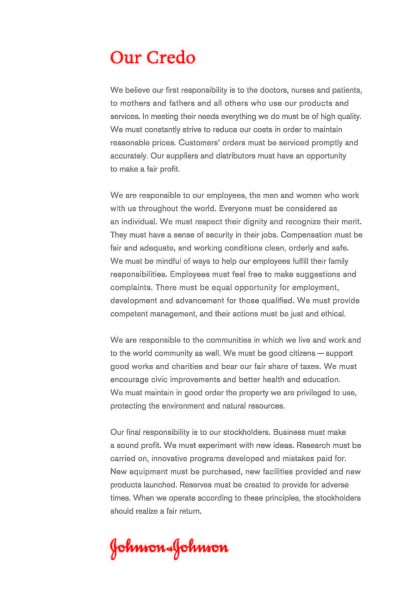
Robert Wood Johnson’s innovative ideas about the responsibilities of business found their expression in his 1935 pamphlet Try Reality and in Our Credo, written in 1943, and in projects like the building of the first modern textile plant in the U.S. in the late 1920s, along with a community for employees that emphasized health and well-being.
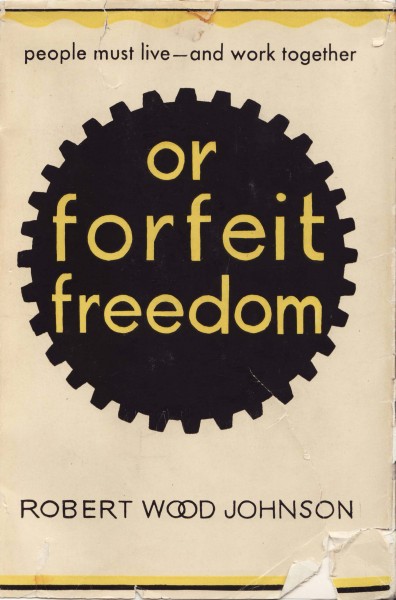
Here’s another example of how far ahead of the curve Johnson was: he wrote about the necessity of using renewable natural resources in 1949 – decades before the modern concept of sustainability.
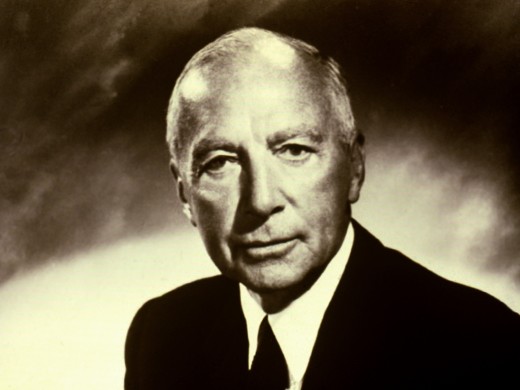
Although General Robert Wood Johnson retired from Johnson & Johnson in 1963, he remained active both at Johnson & Johnson and in helping the community until his death in 1968. As the author of Our Credo and the driving force behind the growth of Johnson & Johnson into a global decentralized health care company that touches over a billion lives each day, General Robert Wood Johnson and his ideas continue to make an impact not only at the company he helped build, but on global healthcare, on business and on corporate social responsibility.
